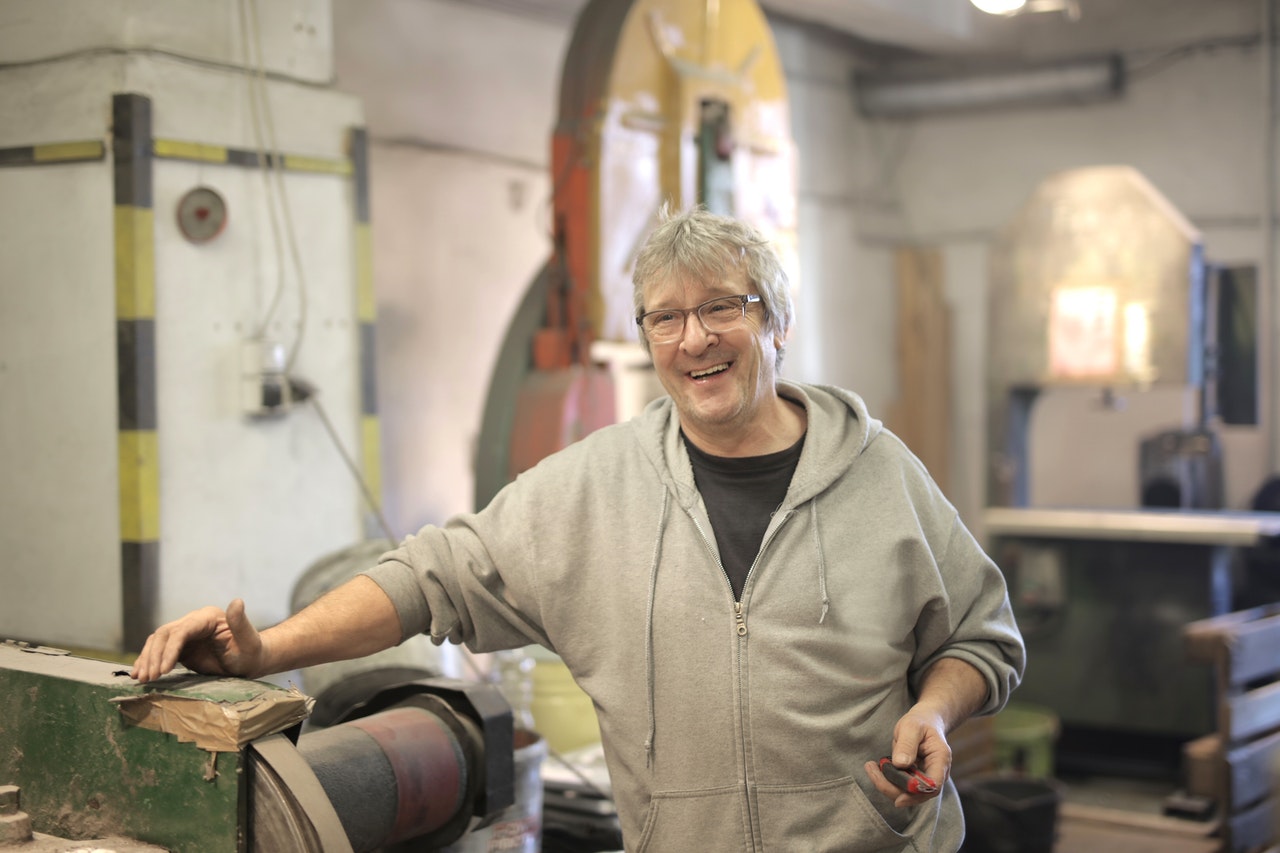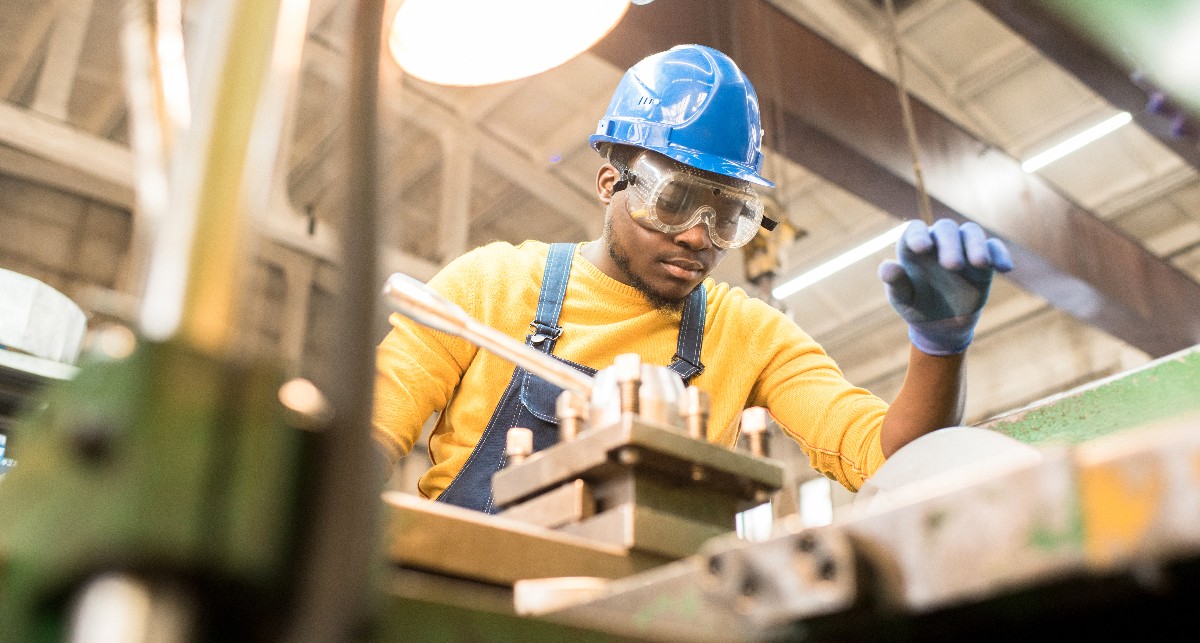New perspectives are meant to challenge current perspectives and, as Harvard Business Review says, in regard to the COVID-19 pandemic’s effect on supply chains, sourcing strategies, management, and the way companies do business in general, “It is as if we lowered the level of the ocean and exposed all kinds of risks and obstructions that were previously hidden from view.” And of all the risks and obstructions we could discuss, not having the means to produce all the pieces for all the products we need is certainly one of them.
Some blame the ever-increasing complex technology of products while others spout facts and figures about the decreased costs of shipping parts from around the globe, but the bottom line is that it has become increasingly rare for all the pieces of a product to be produced within one state, let alone under the roof of one building.
Manufacturing & Skilled Trades, We Need You
As we think about the products that were affected by pieces not being able to be shipped by places across the globe due to the pandemic, it’s an easy jump to a discussion on manufacturing and skilled trades.
Yes, we know the skilled trades gap, the number of skilled trades jobs available versus the number of willing and able people to fill those jobs, needs to decrease. ‘Skilled trades gap’ after all, is one of the catchphrases of recent decades. But how do we go about lessening the gap and better ensuring that we have both the people-power and the skills to produce all the parts for the products we deem essential, from over-the-counter pain medicine to vehicles?
Start Young & Never Stop
First things first, overhaul your home’s perspective. It matters if under your roof you mention skilled trades as readily as you do college and more importantly, it matters if you discuss skilled trades with the respect and appreciation it deserves.
Beyond your home, middle school and high school guidance counselors need to invite employers of skilled trades and skilled trades education representatives into their schools. Young people need to hear from those within the skilled trades as readily as they do college admission counselors.
Skilled trades isn’t just a conversation for the young, though. Many adults are in jobs that either don’t cover their bills and/or don’t feed their spirit. Manufacturing and skilled trades do not discriminate. They welcome all ages, genders, and backgrounds who are willing and able to learn and perform the skill set needed. And they often pay extremely well.
In our topsy-turvey coronavirus-touched world, we have a decision: We can either seek and learn from the lessons the pandemic offers or choose to learn nothing. The wise will choose the former. If we want to better prepare for a global pandemic in the future, we need to start by preparing a workforce that can produce the products we need close to home. This doesn’t start with the products though, it starts with the people… with the workforce.
Author: Evelyn Lindell





